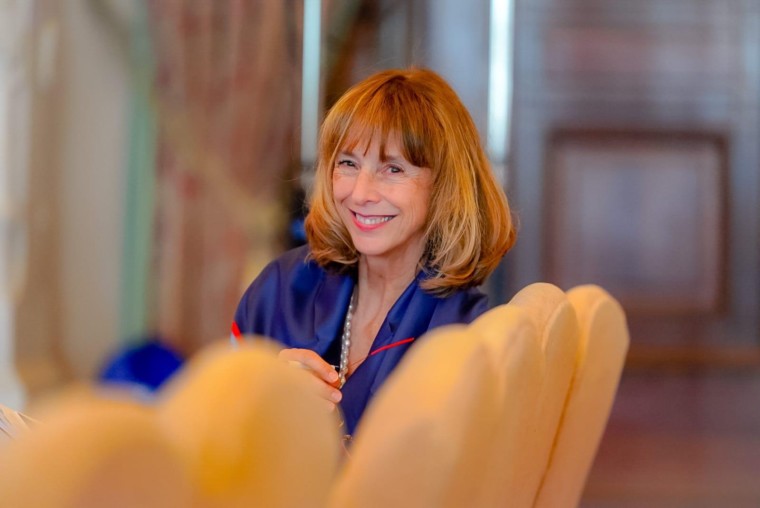After graduating from the University of Padua (Italy) in Slavonic and Germanic Studies, Sigi Gruber worked for the German-Italian Culture Institute in Padua and the German Cultural Institute (Goethe-Institute) in Milan. In 1991 she started working for the European Commission to launch the LINGUA Programme, the European Communities’ first foreign language learning programme. From 1995-1999 she worked in the Directorate General for Education and Training where she was – inter alia – responsible for the actions dealing with foreign language learning for vocational training and for policy development of the vocational training programme, the Leonardo da Vinci Programme. In 2001 she became the General Secretary of the European Association for the Education of Adults before re-joining the European Commission, on this occasion in the Directorate General for Research. She was Head of Sector for Researchers’ Careers, and her responsibilities included policy initiatives related to the European Charter for Researchers, the Modernising Agenda of European Universities and the European Institute of Innovation and Technology. From 2007 to 2011 she headed the Unit responsible for Relations with Third Countries. This Unit aimed to promote coherence and synergy between Member States and the EU as regards international cooperation policies and activities with major partner countries and regions. At this time she was also responsible for launching the Indo-European Research and Innovation Partnership. This Unit also ensured the follow-up of cooperation with multilateral fora such as the G8 and Carnegie. In 2011 she took responsibility for EU science, research and innovation cooperation with North America, Latin America and the Caribbean, where she coordinated the launch of the Canada-EU-US Atlantic Ocean Research Alliance. Since 2014 she is heading the newly established Marine Resources Unit in the Directorate General for Research and Innovation of the European Commission, defining and implementing research and innovation objectives and priorities to support the EU’s integrated Maritime Policy, in particular the Blue Growth Agenda.


